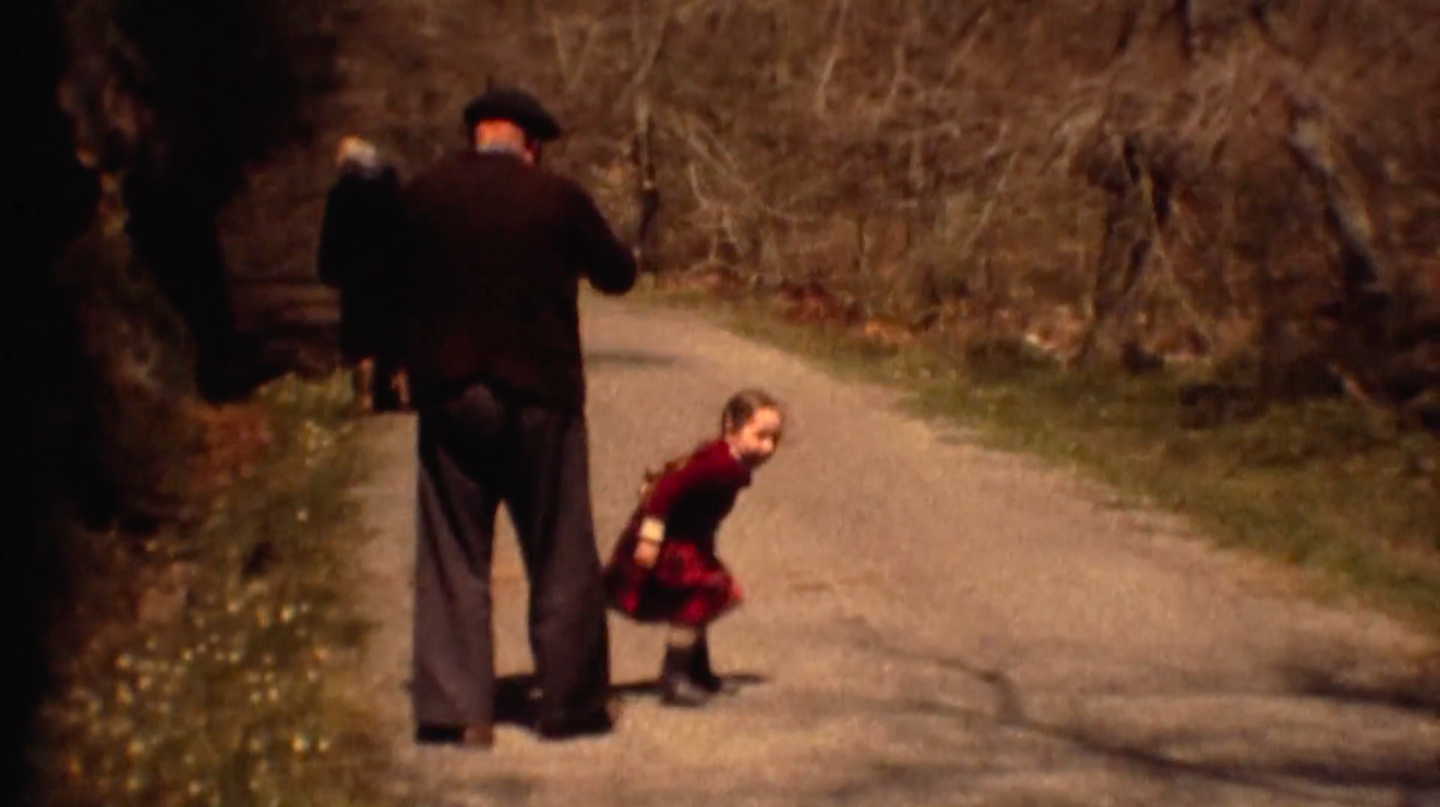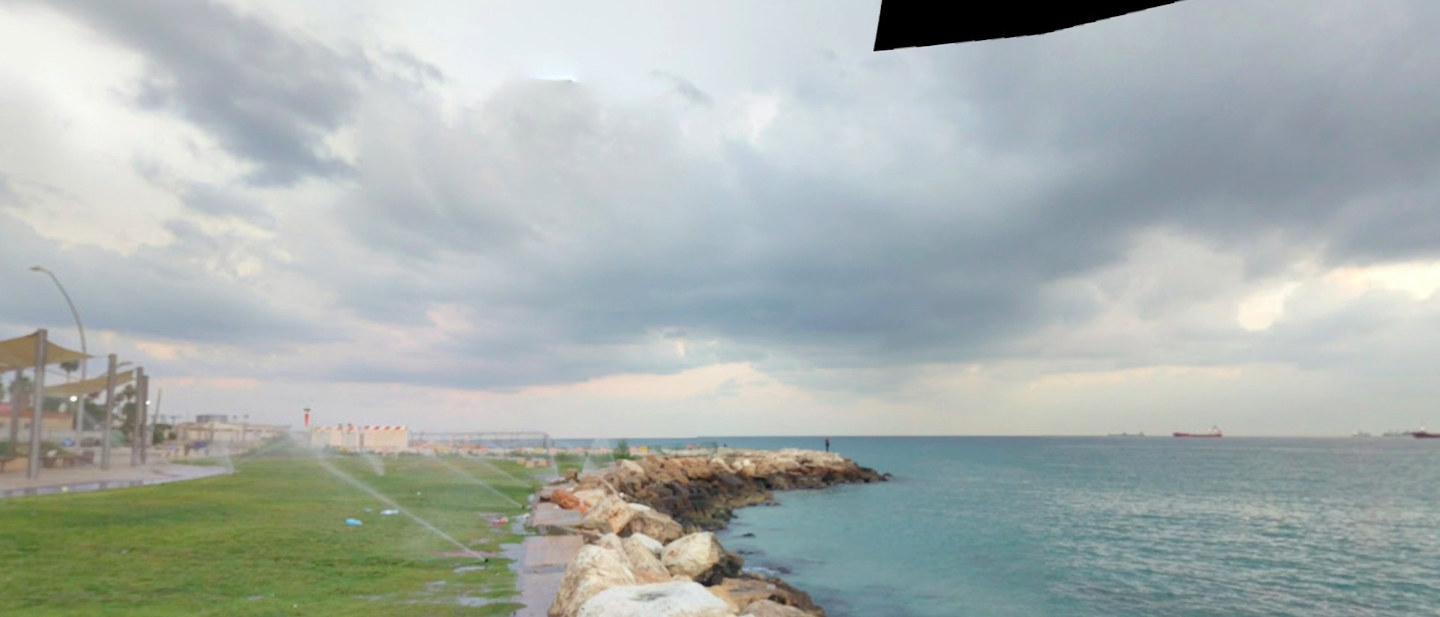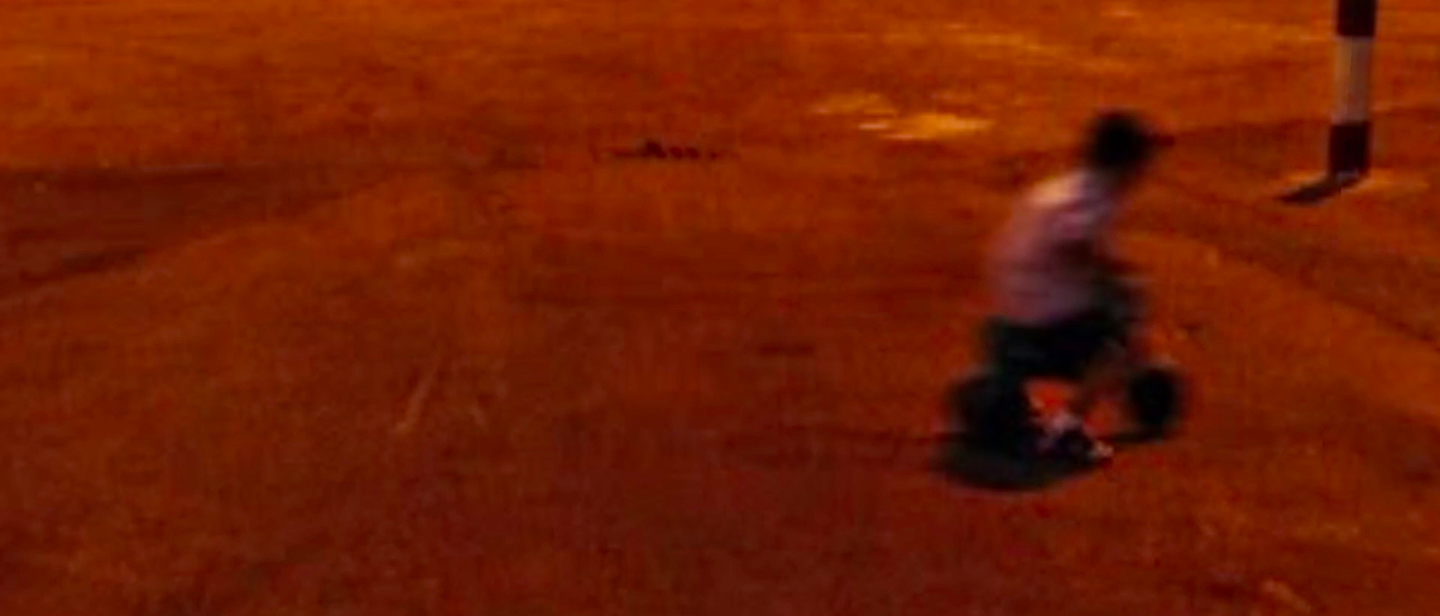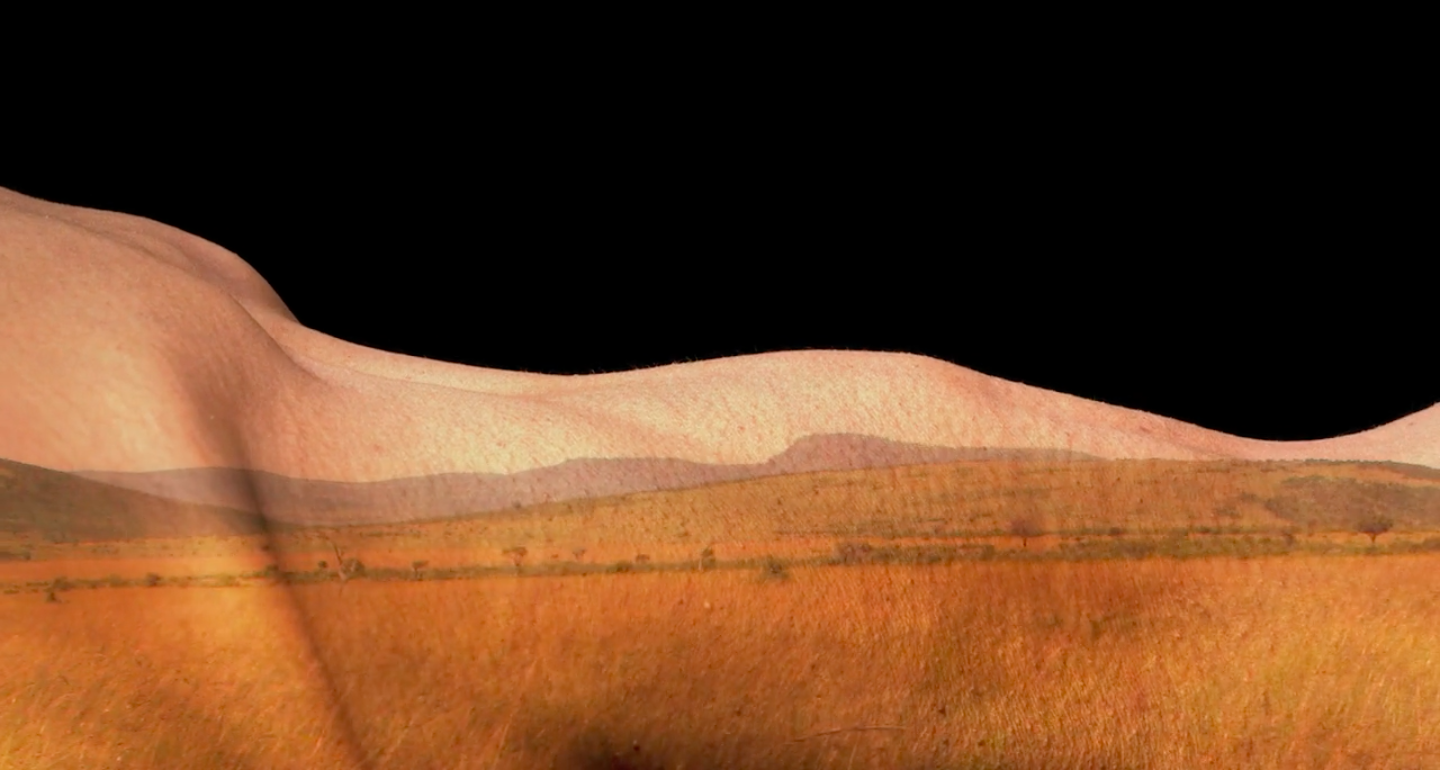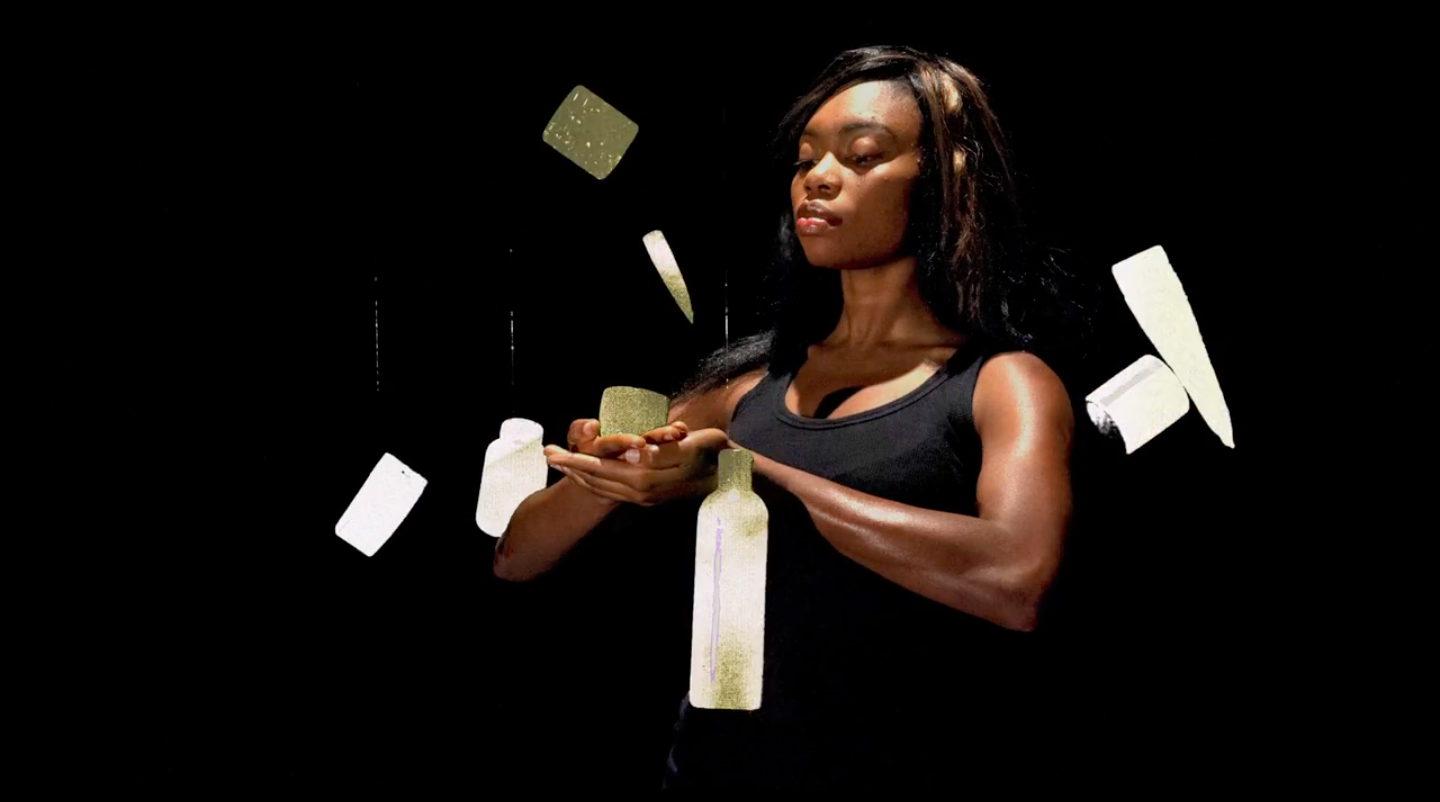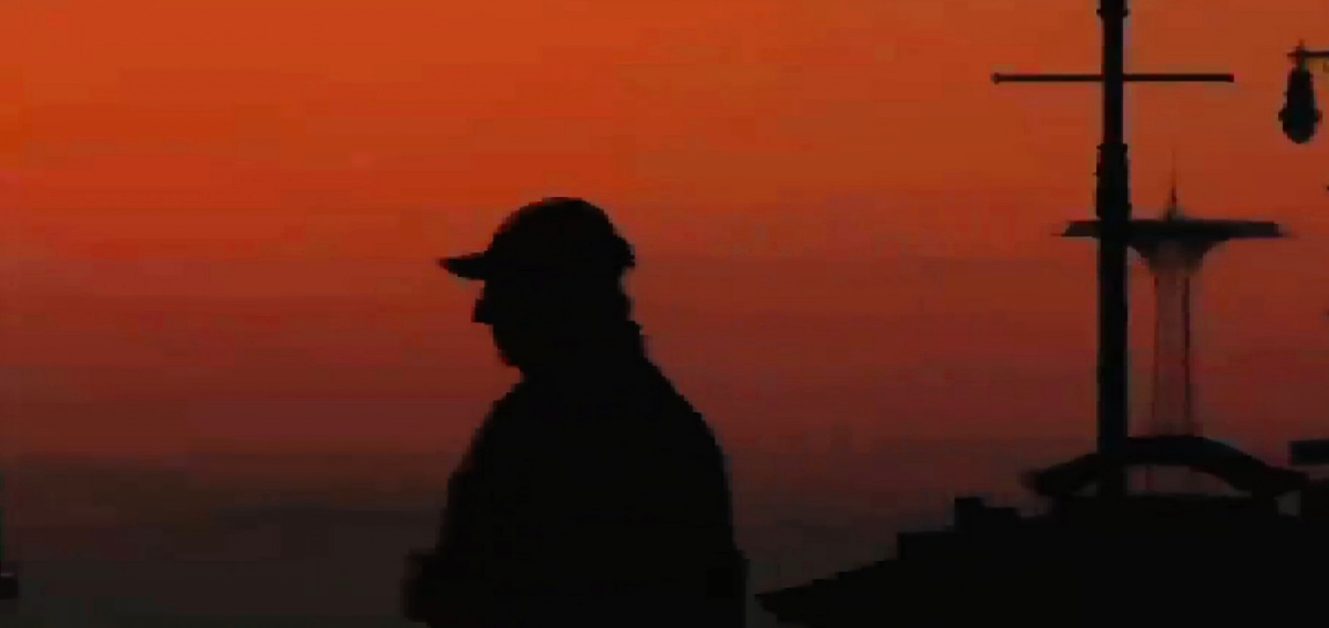We’re delighted to include a public event alongside our workshop THE ART OF THE INTERVIEW organized with Sarah Friedland. WORDS WITH MY FAMILY brings together films, and audio pieces in which makers bravely interview members of their own family with humorous, intimate and revealing results. Conversations with our family can be some of the most comfortable moments, as well as the most fraught. Including pieces by Sarah Friedland, Ruth Somalo, Neena Pathak, Ng’endo Mukii, Nyssa Chow, Iva Radivojevic, and Mea Dols de Jong this program finds the moments where secrets are discovered or shared, and also where parts of oneself are actively hidden from those we know intimately; sometimes the best, the least, and that strange combination of both.

- This event has passed.
Sep 19, 2019 at 7:30 pm
Words With My Family
With Nyssa Chow, Sarah Friedland, Neena Pathak & Ruth Somalo
Program
Ricki Ticki
6 min, 2013
Sarah Friedland
The Director interviews her father about his relationship with his sister.
Ricki Ticki is about my Aunt Ricki’s struggle with early onset Alzheimer’s. For the last ten years of her life—from 50 to 60 years old—she lived in a home for the aged overlooking Coney Island, ironically located blocks from where she was born. The piece uses her loss of memory and character as a metaphor for the effects of redevelopment in New York City.
Your father was born a 100 years old, and so was the Nakba ابوكي خلق عمره ١٠٠ سنة، زي النكبة
7 min, 2017
Razan AlSalah
A ghostly voice echoes: the disembodied, imaginary voice of the filmmaker’s grandmother, a Palestinian refugee in Lebanon who was never able to return to her hometown. Her words haunt Google Street View images of Haifa, the only means she could have had of visiting her lost home. But 50 years after the “great catastrophe,” the streets are no longer recognizable. The old woman’s soul wanders in vain through cyberspace in search of her house, probably demolished after the Nakba, and for her son Ameen, imagined as a little boy from another time. Over the images, which distort and pixilate as the network connection cuts in and out, are superimposed images of the trauma of forced relocation. Razan AlSalah pays heartbreaking tribute to the first generation of refugees.
Eusebio El Americano
14 min, 2015
Ruth Somalo
The Director interviews her father as he moves his father’s bones from one side of the cemetery to another.
My grandfather Eusebio and his best friend emigrated to South America when they were young, after years of friendship they made a pact to be buried together when they died. 23 years after my grandfather’s death we are forced to relocate his remains to a columbarium as the granddaughter of my granddad’s friend is kicking him out due to mausoleums and burial space getting more expensive and she wants it back.
Trough the filming process and the encounter with the human remains of my grandfather, I am able to explore our relationship with the dead after burial, the emotions attached to it and the anthropological and pragmatic aspects of our current burial practices.
Yellow Fever
7 min, 2015
Ng'Endo Mukii
The Director interviews her niece about her relationship to whiteness.
A captivating blend of live action, stop motion, spoken word and vibrant hand-drawn animation exploring the effects of Eurocentric beauty ideals, as disseminated by mainstream media and advertising, on African women.
Row-Cub
5 min, 2019
Neena Pathak
The director creates a re-enactment of a conversation between her and her grandmother.
Aaji (Grandma) is in her 90s, proficient in English but more comfortable in Marathi, and hard-of-hearing. Mithu is in her 30s, okay at Marathi (but speaks in a stilted, error-filled, and somewhat childlike way common to many second-generation immigrants), and heartbroken. The piece explores how bearing witness to each other in a family context can be hard and fraught, even when it might be worth it.
Silas' Portrait
3 min
Nyssa Chow
There is a story here. This is my Great Aunt Silla, my Great-Grandmother Sasa, and my Grandmother Cecelia. There is an assertion of grace in this image. It was taken during a time when scientists were speculating that these women had more in common with an ape, than with a human being. There is a message about a way of being encoded in this photograph. I can’t say for sure, but I suspect it has something to do with the fact that they are dressed in white, even though the roads would have been muddy and unpaved from here to anywhere they were expected to go. I suspect it has something to do with my grandmother’s unruly, natural hair stretched back into that neat bun. The way British women wore their hair. Or something to do with my grandmother’s love for the Queen of England, though she would not have been welcome on the grounds of the Country Club, except as a maid.
The following is the life story of my Great Aunt Silla Rosales. It traces her friendship with my Grandmother Cecelia. Both are daughters, wives, mothers and grandmothers. It spans five generations, including my own.
Knedle, Grandma Project
8 min, 2016
Iva Radivojevic
Dragica is a superhero, she shares her powers through her food. Those who eat it are overcome with love.
If Mama Ain’t Happy, Nobody’s Happy
25 min, 2014
Mea Dols de Jong
“If you want to make a film about independent women, shouldn’t you make a film about our family?” And so mother and daughter embark on a journey together to make a portrait about the four generations who all managed without a man. A mysterious family tradition slowly emerges. One the mother is proud of, but the daughter has her doubts.
98 min
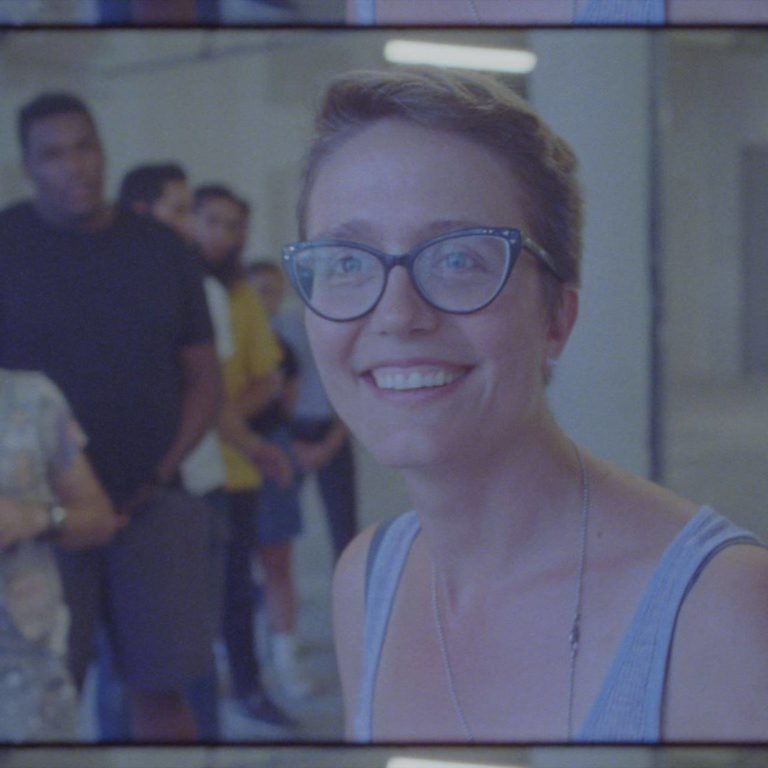
Sarah Friedland received her BA from Sarah Lawrence College and the International School of Film and Television in Cuba and her MFA from the Integrated Media Art Program at Hunter College. Her documentary films and installations are concerned with personal stories that reveal larger histories and intricacies about place and society. Friedland’s works with longtime collaborator Esy Casey have screened widely in the US and abroad and have been supported by grants from the Jerome Foundation, the Paul Newman Foundation, the William H. Prusoff Foundation, The Princess Grace Foundation, the Ford Foundation, and the Center for Asian American Media. In 2009, after the debut of her feature documentary Thing With No Name, she was named one of the “Top 10 Independent Filmmakers to Watch” by the Independent Magazine. She is a recipient of the 2014 Paul Robeson award from the Newark Museum for her documentary The Rink, which aired on PBS (WNET/NJTV) in 2017 and was nominated for a New York Emmy. She is currently working on a feature documentary titled Lyd In Exile, which she is co-directing with Rami Younis, and which was selected to pitch at the DocCorner Market at the Cannes Film Festival in 2018. . She has received residencies and fellowships from the Center of Contemporary Art in Pont- Aven, the LABA House of Study, the MacDowell Colony, and Meerkat Media. Friedland is the Director of the MDOCS Storyteller’s Institute at Skidmore College.
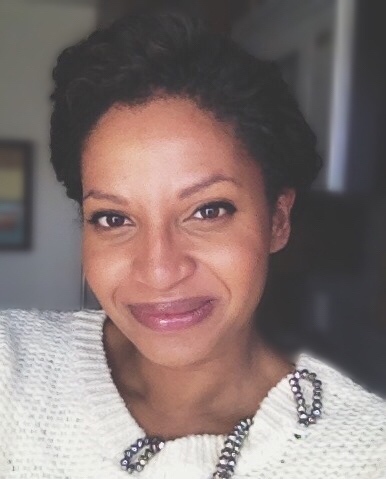
Nyssa Chow works at the intersection of ethical, engaged listening and the translation of experience. In her practice as an oral historian, she begins with the idea that oral history is “spontaneous literature.” She then decides which form best evokes — and makes visceral — the lived experience of history. Chow was the 2018 recipient of the PEN/Jean Stein Grant for Literary Oral History for the book project, Still. Life. The immersive literary oral history project The Story of Her Skin won the Columbia University Jeffrey H. Brodsky Oral History Award. She is a recipient of the Hollywood Foreign Press Association Grant, the Women in Film and Television Fellowship, the Toms Fellowship, the Academy of Motion Picture Arts and Sciences Foundation Award, the Zaki Gordon Award for Excellence in Screenwriting, as well as a Sloan Foundation grant. Chow serves as Writer-in-Residence at Fordham University and as a professor in the Oral History Masters program at Columbia University. She has been invited to speak about her work and approach to oral history at institutions such as George Washington University, New York University, Skidmore College, and others. Born and raised in Trinidad, she is a graduate of the Columbia University M.F.A. Film program and the Columbia University Oral History Masters program. Chow is a Princeton University Arts Fellow for 2019-21.
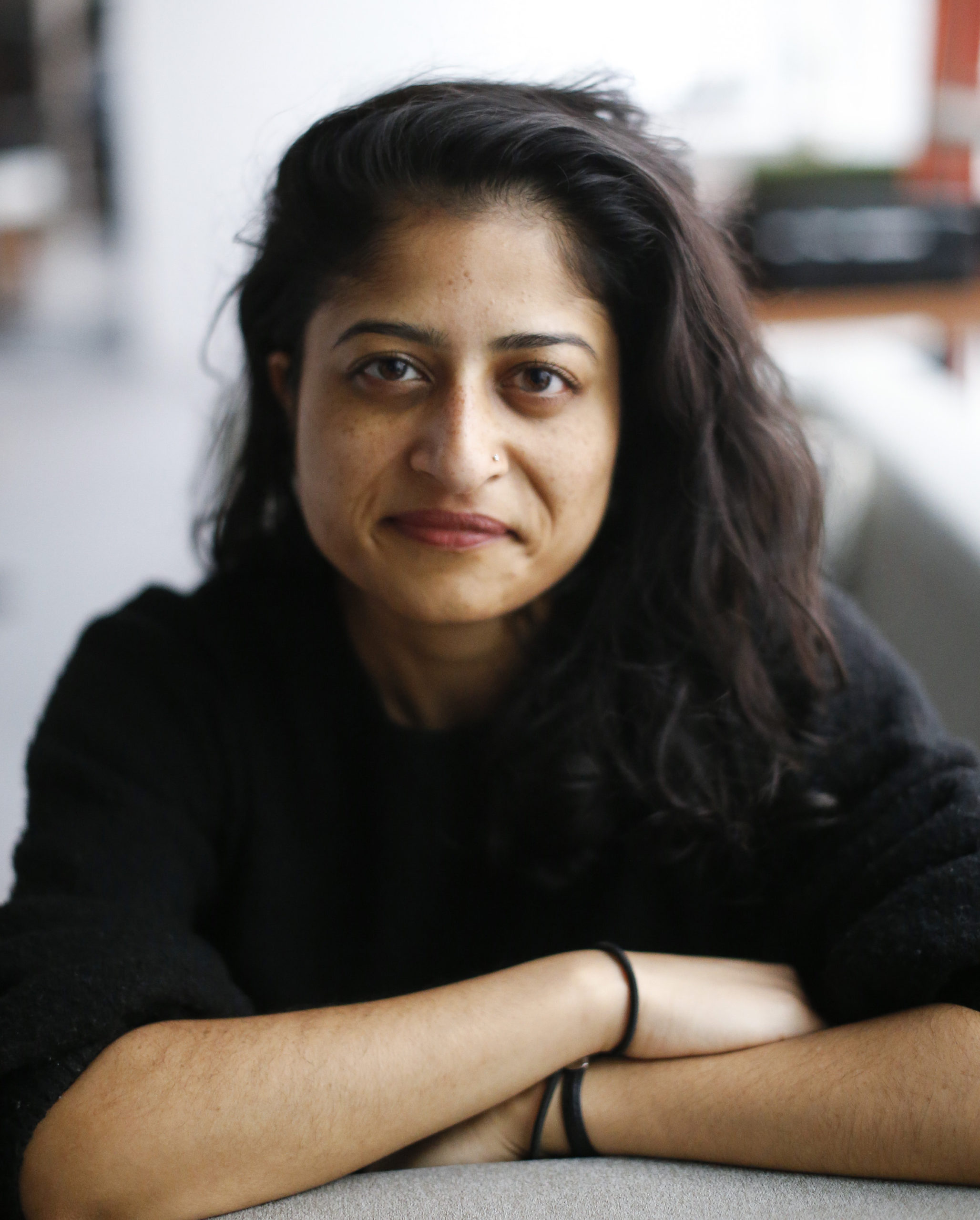
Neena Pathak is an audio producer based in NYC. She currently produces the Still Processing podcast at The New York Times. @neenpathak
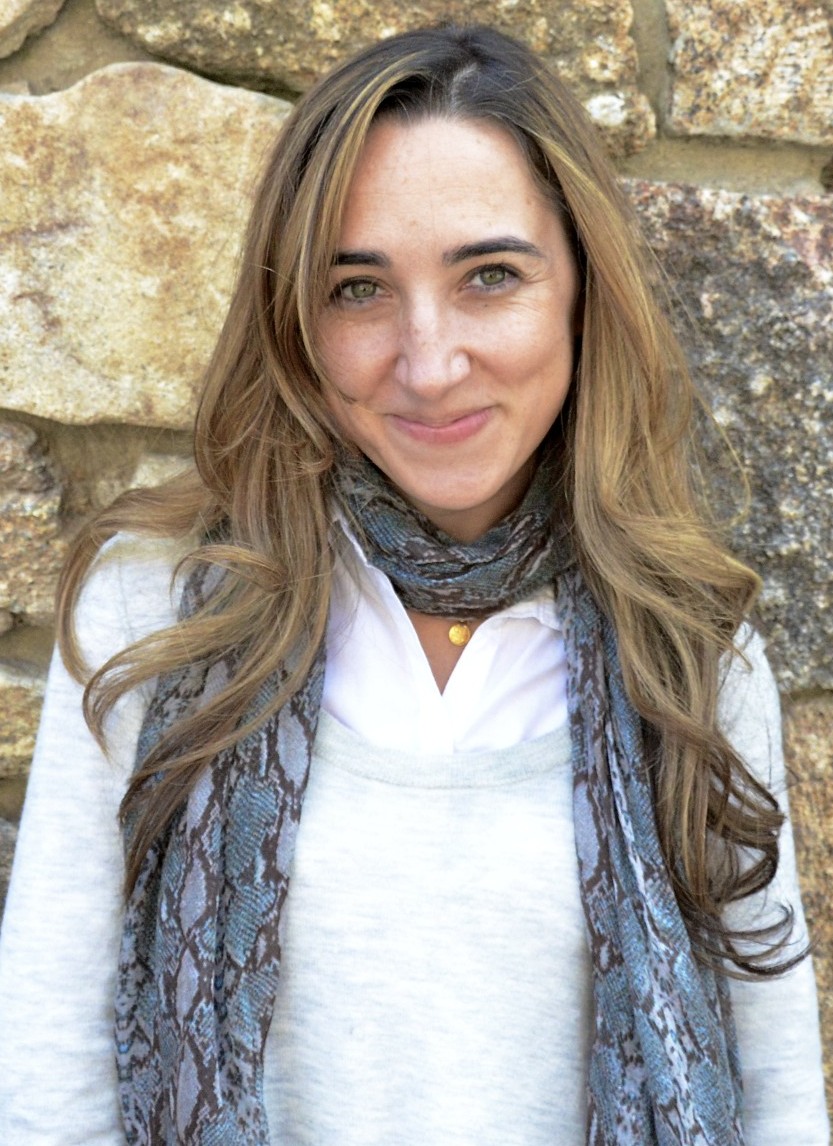
Ruth Somalo is a Spanish filmmaker, curator and researcher based in New York. She is currently a Programmer at DOC NYC, DocumentaMadrid and The Architecture and Design Film Festival.
As an independent curator she is interested in the Poetics of Fragility and reclaiming a non judgmental non anthropocentric space for emotions. Some of her latest programs are “Holy Fluids and Absent Wounds” and “Queer Utopias” (Union Docs) and 2017’s Flaherty NYC Winter/Spring Series “Broken Senses” (Anthology Film archives).
Ruth’s latest films are constructed around taboos of the female body, gender specific illnesses and patriarchal structures in the medical establishment, narrative medicine and the economy of death, human remains and experiences of loss. Her work has been shown in theaters, festivals and museums internationally, including the Verdi Cinema Theatre and Contemporary Art Center Matadero de Madrid, San Sebastian International Film Festival, Cinema du Réel (Paris), ADFF (NY), L’Alternativa (CCCB Barcelona), Documentamadrid, MOMA PS1 (Expo1) and at the EYE Film Institute in Amsterdam (Spanish Cinema Without Fear). She is also writing her PhD. dissertation and often works as a guest lecturer and mentor of non fiction projects. Her current academic research and filmic project “Mending Objects” investigates the experience of loss in first person documentary and experimental non fiction.

